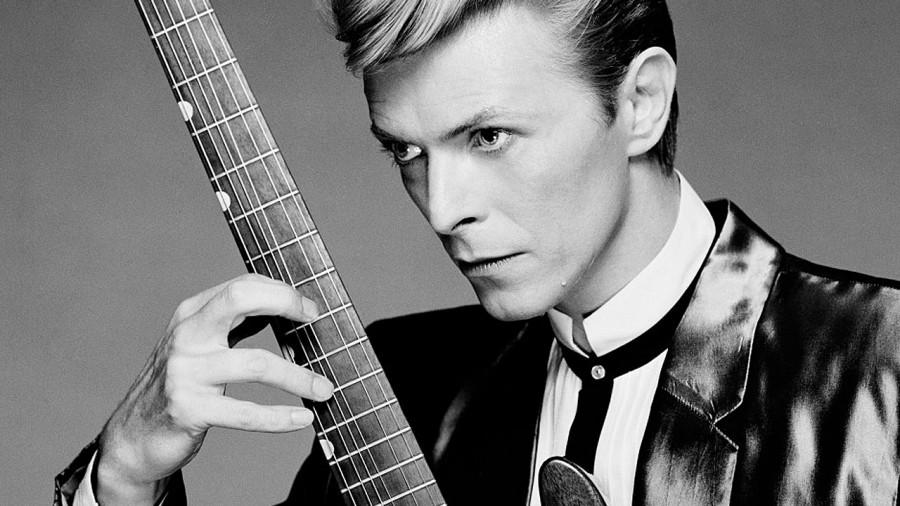Remembering David Bowie
January 25, 2016
Musical icon, David Bowie, died at 69 late January 10th, 2015 in New York surrounded by family members and friends. His death shocked the world as no one had known that Bowie had been battling liver cancer.
Just two days before his death, Bowie released his 25th studio album named Blackstar, which many say that alluded to Bowie’s death. CNN noticed that the album “reveals a man who appears to be grappling with his own mortality”.
Born as David Robert Jones, he was known by many names, his most common name was David Bowie, along with Ziggy Stardust, Brixton Boy, and Starman. The character that remained the most influential was Ziggy Stardust, for it was what finally launched Bowie into stardom.
Once the public discovered of Bowie’s death, they immediately went to social media to send their condolences to Bowie’s family. Fans and celebrities paid tribute to the music legend. Among them was Madonna, his own son Duncan Jones, Kanye West, Mick Jagger, One Direction, Queen, Bruce Springsteen, Yoko Ono, and Tommy Hilfiger, amidst many others.
Fans all over the world were quick to set up shrines for the deceased artist, in front of murals, Bowie’s previously owned homes, current home, and hometown. Fans in Bowie’s hometown, Brixton, ran into the streets to sing beautiful renditions of his most popular songs like “Starman” and “Life on Mars”. The sing-alongs not only occurred in Brixton but in major cities all around the world; cities like Los Angeles, London, New York, Netherlands, and Berlin had massive crowds singing songs in front of shrines for the artist.
Best known for his iconic outfits while performing onstage, Bowie bent gender roles and stereotypes. He would wear striking clothing and brightly-colored makeup all over his body and face during the 70s and 80s. His impact on gender and sexuality has been huge, stretching boundaries for others, enabling his fans to extend his influence outside the concert hall.
Throughout his career, he sold over 140 million albums. Just in the U.K., he was awarded 9 platinum, 11 gold, and 8 silver albums. In the U.S, he received 5 platinum and 7 gold albums. Just hours after his death, the listens and album sales for his records skyrocketed, leading Bowie for his first No. 1 album on the Billboard 200 Chart with Blackstar.
Bowie won a large numerous amount of awards and recognitions, that included an induction of knighthood and a royal honor of Commander of the Order of the British Empire from the British government, which he declined. During the extent of his career, he received two Grammys, an Ivor Nello Special Award, a Saturn Award for Best Actor in his 1976 film The Man Who Fell to Earth, and three Brit awards — in 1996 for Outstanding Contribution to Music, and Best British Male Artist twice. In 2014, he became the oldest recipient of a Brit award in the history of the ceremony for Best British Male, which was collected on his behalf by Kate Moss.
No one was prepared for the day David Bowie would pass away, and his death, once again, shocked us all. Many subconsciously assumed he would live forever — the same way it is never thought about the seasons changing, but subconsciously knowing they will. David Bowie was named a true icon of music, an innovative and creative person, a hero, and a legend. And those who are named legends, are said to never die.
“Tomorrow belongs to those who can hear it coming.”
–David Bowie
